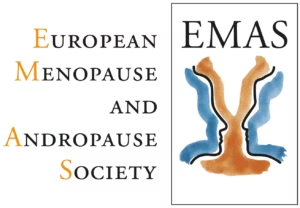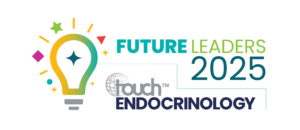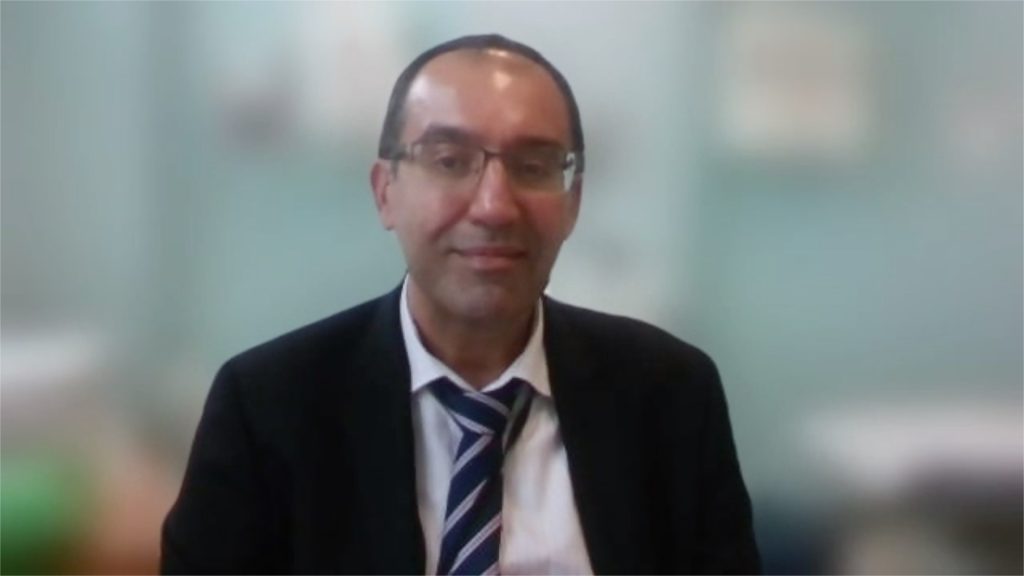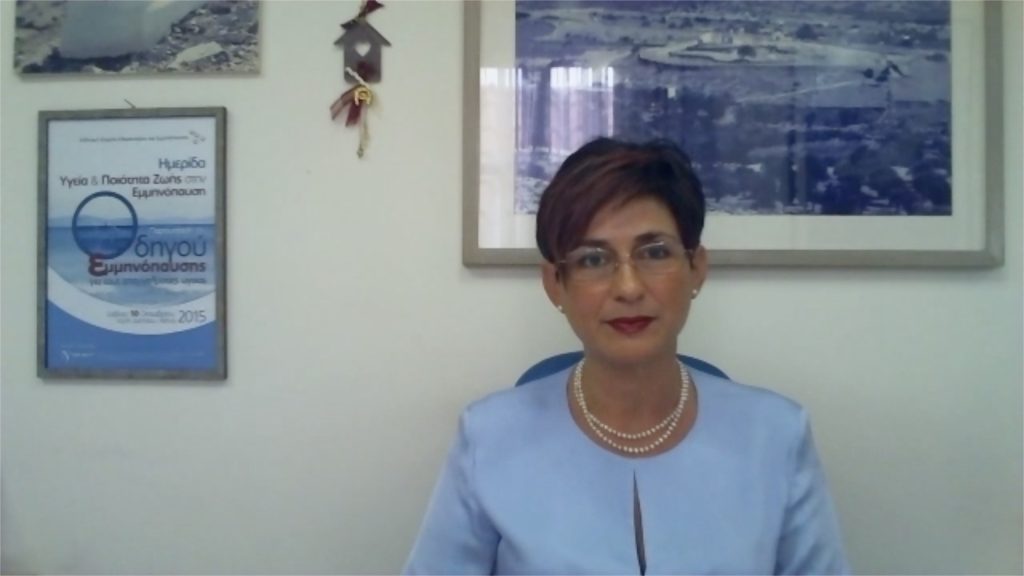 Dr Ipek Betul Ozcivit Erkan is a consultant obstetrician-gynaecologist with a specialized focus on menopause, midlife women’s health, urogynecology, minimally invasive gynaecologic surgery, and female pelvic anatomy. Currently pursuing a PhD in Anatomy at Istanbul University–Cerrahpaşa, she has authored over 25 articles in Web of Science–indexed journals and contributed to textbooks on menopause, Er:YAG laser applications in gynaecology, and hormonal therapies. Her expertise has been enriched by international observerships in Italy, the UK and France, as well as completion of the IMS Clinical Colloquium Medical Education Programme on menopause and midlife women’s health. Recently nominated for this feature in collaboration with the European Menopause and Andropause Society (EMAS), she is also an EMAS Junior Mentorship Programme (JuMP) mentee, engaging in mentorship and professional development with experts worldwide.
Dr Ipek Betul Ozcivit Erkan is a consultant obstetrician-gynaecologist with a specialized focus on menopause, midlife women’s health, urogynecology, minimally invasive gynaecologic surgery, and female pelvic anatomy. Currently pursuing a PhD in Anatomy at Istanbul University–Cerrahpaşa, she has authored over 25 articles in Web of Science–indexed journals and contributed to textbooks on menopause, Er:YAG laser applications in gynaecology, and hormonal therapies. Her expertise has been enriched by international observerships in Italy, the UK and France, as well as completion of the IMS Clinical Colloquium Medical Education Programme on menopause and midlife women’s health. Recently nominated for this feature in collaboration with the European Menopause and Andropause Society (EMAS), she is also an EMAS Junior Mentorship Programme (JuMP) mentee, engaging in mentorship and professional development with experts worldwide.
In this Future Leader Q&A, she reflects on her path from residency to consultancy, the influence of global collaboration on her clinical and research work, and the importance of mentorship in shaping the next generation of women’s health specialists.
I was honored to be selected as a JuMP (Mentee twice, from 2021 to 2023 and again from 2023 to 2025. This invaluable opportunity connected me with leading experts in the field of menopause worldwide. Through mentorship, I learned how to conduct a research project from the initial idea to its presentation at a congress and eventual publication. The guidance I received extended beyond research, it supported all aspects of my clinical practice. I felt comfortable consulting my mentors about challenging cases, and we maintained close communication via email, phone, and monthly meetings. This ongoing support has been instrumental in shaping both my academic development and clinical decision-making.
This year, my research project conducted as part of the EMAS JuMP programme with my mentor Prof. Levent M Şentürk, titled “The Evaluation of Menopausal Symptom Rates and Severity Among Middle-Aged Women in a Rural Area of Turkey,” was awarded Best Presentation at the EMAS Congress in Valencia. In this study, we assessed the prevalence and severity of menopausal symptoms among middle-aged women in rural Southeastern Türkiye and explored their associations with sociodemographic characteristics. Our findings revealed that menopausal symptoms significantly affect the quality of life in this population. Notably, perception of health, lack of exposure to menopause-related information, and history of psychiatric consultation were each independently associated with different aspects of menopause-related quality of life. We also observed a low level of menopause awareness and minimal use of menopausal hormone therapy (MHT) among women in the region. We believe that such region-specific epidemiological studies are crucial to developing targeted interventions. Clinical care during the menopausal transition should be informed by national and regional data to ensure the most effective and culturally appropriate outcomes.
Yes, one unforgettable moment that reinforced my passion for menopause care involved a patient suffering from severe vasomotor symptoms. She was unable to sleep, struggling to function at work, and relying solely on a handheld fan to get through the day; completely without MHT. Her quality of life was severely compromised. After thorough counselling and initiating appropriate treatment, we saw a significant improvement in her symptoms and overall well-being. Witnessing her transformation from exhaustion and frustration to feeling like herself again reminded me how impactful and rewarding it is to support women through the menopause transition. It solidified my commitment to this specialty and highlighted the importance of accessible, evidence-based care.
In addition to that, when I was conducting my research in rural Turkey, I spent a lot of time simply asking patients about their symptoms. Most of them were happy because I took the time to listen and genuinely care about what they were experiencing. They felt comforted just by having someone to talk to, someone who understood what they were going through during menopause. It wasn’t always about giving medication, sometimes just listening is the most important part. That’s exactly what I’m trying to raise awareness about among my colleagues. Empathetic communication and truly listening to patients, especially during menopause, can have a profound impact. By recognizing the value of patient-centered care, we can improve not only clinical outcomes but also the overall well-being of the women we serve.
What excites me most in the current landscape of my specialty is the development of new pharmacological treatments for menopause, especially non-hormonal therapies targeting vasomotor symptoms, which offer alternatives for women who cannot use MHT. Additionally, the progress in fertility preservation techniques, including ovarian tissue cryopreservation is particularly inspiring. These innovations are transforming care for women facing early menopause or undergoing gonadotoxic treatments, giving them hope for future fertility and hormonal health. Together, these advances are expanding the scope of what we can offer our patients and reinforcing the importance of personalized, forward-thinking care.
What makes these advances even more promising is the growing emphasis on personalization of treatment, allowing us to tailor therapies to each patient’s unique needs, preferences, and medical background. Together, these innovations are expanding the range of care we can provide and highlight the importance of individualized, forward-thinking approaches in improving women’s health outcomes.
Never underestimate menopause. While it may seem like a natural transition, its impact on a woman’s quality of life, physically, emotionally and socially, can be profound. Approach each patient with empathy and take the time to truly listen to their symptoms and concerns. Menopause management is not just about prescribing hormones; it requires a holistic view of a woman’s health, including cardiovascular, bone, cognitive and sexual well-being. Stay updated on the latest research and treatments, and don’t hesitate to seek mentorship and multidisciplinary collaboration. The more you learn, the more you’ll realize how much of a difference you can make in this phase of a woman’s life.
Menopause remains an underappreciated topic, especially among young gynaecologists during residency. There is no structured or standardized menopause education programme in most training curricula, and the focus tends to shift toward mastering surgical techniques. Since menopause care is primarily preventive medicine, it does not generate direct revenue for hospitals, which further contributes to its marginalization.
Yet, this is paradoxical, menopause affects nearly half of a woman’s lifetime, and the needs of this population are growing rapidly. Despite this, it receives neither the clinical attention nor the academic respect it deserves. It’s time we recognize that supporting women through menopause is not only a public health priority but also a core responsibility of our specialty.
My advice to those just beginning their journey in this specialty is to recognize the critical importance of education, both for patients and healthcare providers. Educating clinicians with evidence-based knowledge is essential to ensure safe, effective and ethical care. Without this foundation, misinformation and unproven treatments, often promoted by unqualified individuals, can spread and put vulnerable patients at risk. Equally important is the role of scientifically grounded physicians in actively engaging and educating their patients. Informed patients are more empowered to seek and demand appropriate care, which in turn puts pressure on healthcare authorities to prioritize menopausal and midlife women’s health. Without this collective effort, women, especially those in resource-limited settings, will continue to be underserved and deprived of the care they deserve.
About European Menopause and Andropause Society (EMAS)
Since 1998, EMAS has been dedicated to promoting health and well-being for individuals in midlife and beyond. As a leading international medical society, EMAS advances menopause and post-reproductive health through research, education, and advocacy. With members and affiliated societies worldwide, EMAS champions evidence-based, inclusive, and collaborative care to support healthier aging.
Disclosures: This short article was prepared by touchENDOCRINOLOGY in collaboration with Dr Ozcivit Erkan. No fees or funding were associated with its publication.
Cite: Q&A with Dr Ipek Betul Ozcivit Erkan: touchENDOCRINOLOGY Future Leader 2025. touchENDOCRINOLOGY. August 8, 2025.

touchENDOCRINOLOGY is celebrating the brightest rising stars in the endocrinology community, who are set to shape the future of the field.
SIGN UP to touchENDOCRINOLOGY!
Join our global community today for access to thousands of peer-reviewed articles, expert insights, and learn-on-the-go education across 150+ specialties, plus concise email updates and newsletters so you never miss out.







